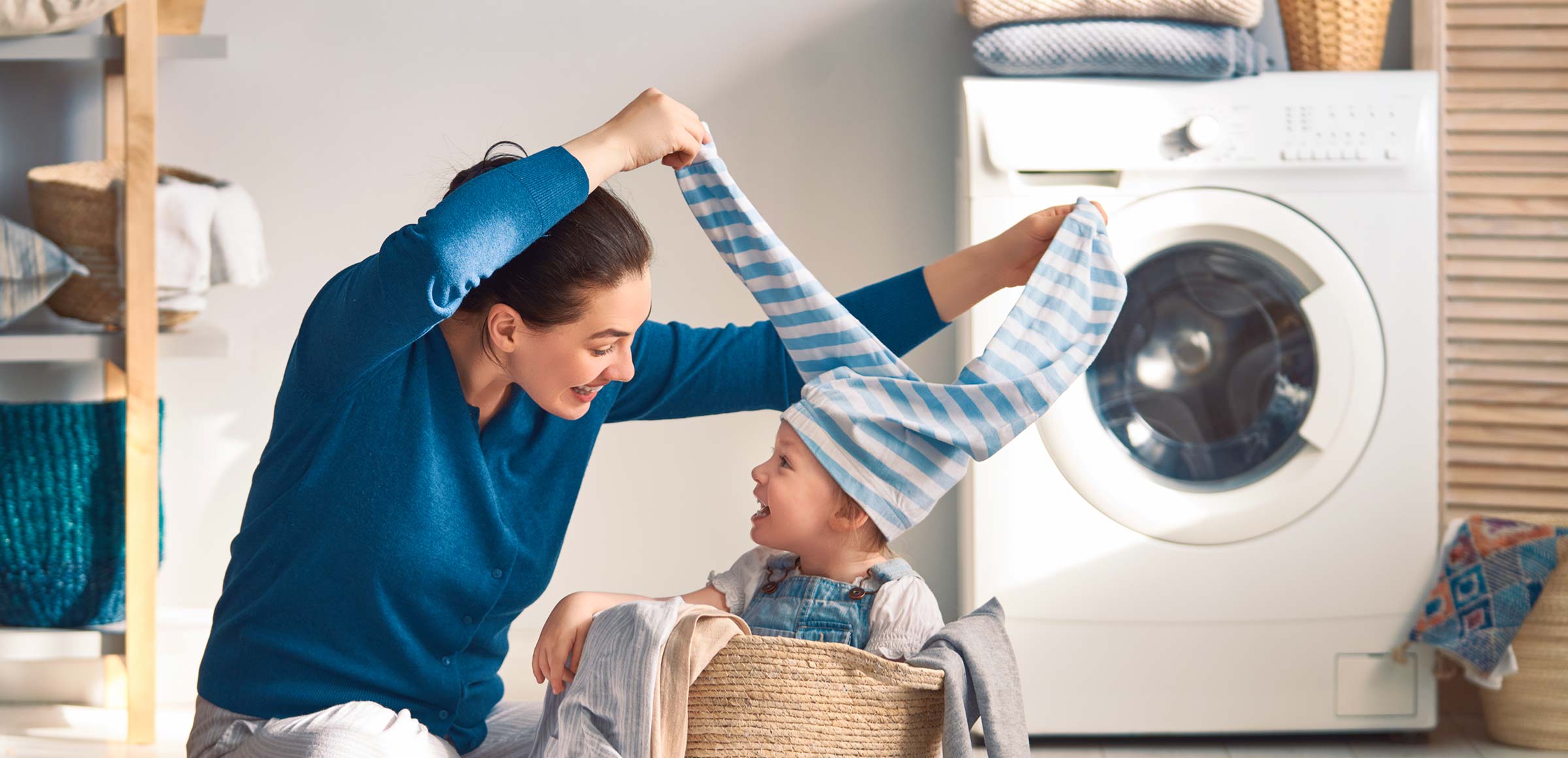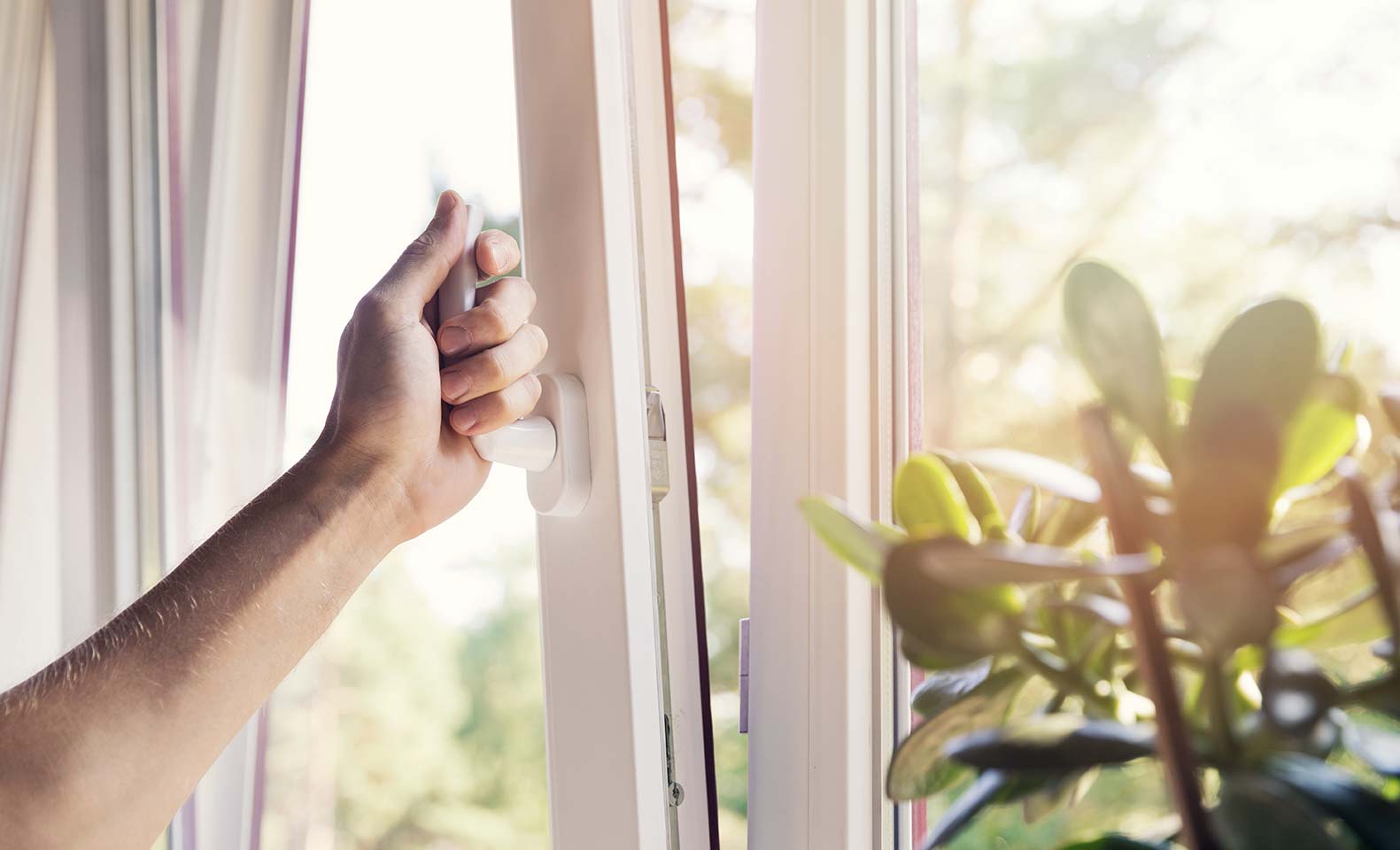If you prefer to always view the website in English, please click here.
Tips for saving on your electricity and gas bill every day
Are you convinced that you are doing everything possible at home to get the maximum savings on your electricity and gas bills? We review the most popular tips, and others that are not so popular, to help you reduce your daily electricity and gas consumption.
Daily tips to save on your electricity bill
- Check which tariff you have and choose the one that is most suitable.
- Make the most of the natural light available.
- More efficient washing machine and dishwasher.
- A cooker that saves you money.
- Unplug whatever is not being used.
- Gas tariffs and efficient use.
Review the rate and sign up for the most appropriate one
This important point has to do with the rates that you have contracted for your home. It never hurts to compare offers and check whether you have the best option, or the one that benefits you the most depending on your habits and lifestyle.
This is something that can change over time, with factors such as having more or fewer people at home or working at home or not. Are you interested in having one single rate or being charged by time slots?
For electricity, Endesa has the One Luz electricity rate, which guarantees that your electricity "will be cheap". It is the best option for a home where electricity is used in a stable way throughout the day:
Kilowatt-hours at a fixed, economical price. If you spend less time at home and prefer to organise your consumption by the hour, there is the Tempo Happy 2Hours rate.
For gas, Endesa's One Gas rate is one of the most competitive on the market, for several reasons: a fixed price, with no lock-in period and with total online management.
In addition, there are rates that offer you the possibility of combining electricity and gas to simplify procedures and combine the two supplies, such as the One Luz and Gas Rate. An option with one single price too, where you don't have to worry about the best time to use your appliances, and with no lock-in period.
Comparison of Electricity and Gas Tariffs
You don't need to adapt to Endesa's tariffs because they adapt to you. If you go to our catalogue you can compare the different tariffs for yourself. Or if you prefer, you can answer a few questions and we will take care of comparing all the different electricity and gas tariffs and then make a customised recommendation.
Spend a minute to find the product which best adapts to you:
{{firstStep.title}}
Spend a minute to find the product which best adapts to you:
{{title}}
Spend a minute to find the product which best adapts to you:
{{title}}
Make the most of the natural light available
This second tip is very important, especially in the winter months.
- If your desk or computer is placed under a window, you will get much more out of the daylight.
As we move on to talking about artificial light, it is important to review the light bulbs in the house and change any conventional ones for low consumption bulbs (if you have not done so already). Although they are a bit more expensive, they consume up to 4 to 5% less electricity. They also last longer, and their expense pays for itself in less than a year.
More efficient washing machine and dishwasher
The following tips have to do with the appliances that we use at home very frequently. When running the washing machine or dishwasher, as much as possible, it is best to avoid using programs that use hot water or take a long time.
- Washing machine: cut down on the amounts of detergent and fabric softener. If you add too much, the rinse cycle will be prolonged. In the same way, the more time it takes to wash a load in the machine, the more you spend. If you wash at 30ºC instead of 40º, the savings will be significant and the clothes will still be properly washed. If you have to use hot water, a 40°C wash saves 25% of the electricity used at 60°C.
- Dishwasher: run it only when it is full. If you have the 'eco' wash option, electricity consumption can be reduced by up to 40%.
Do you save as much as possible in the kitchen?
- Your refrigerator or fridge-freezer use up almost a third of your electricity consumption and, whether you like it or not, they need to be on all the time. The temperature must be checked regularly: +5°C is sufficient for a refrigerator and -17°C for a freezer. You also have to optimise how you store things in the fridge so that the cold is distributed correctly, and another tip is not to put away food while it is hot. As for the freezer, the ideal is to defrost it once every three months.
- When it comes to cooking, covering the pot when boiling water. In this way you will use four times less electricity.
- The microwave: it is best to avoid doing this, just defrost the food at room temperature. You just have to organise yourself better.
- The oven, you will know that it should not be opened while it is on. Doing this wastes 20% of the stored energy, and the cooking can be monitored perfectly well from outside without the need to keep opening the door. Another trick is to turn the oven off ahead of time and take advantage of the residual heat. Proper maintenance is also very important: if it is clean, it will be more efficient.
Unplug what is not being used and optimise
Other recommendations are not to leave electrical appliances plugged in, in sleep mode or on stand-by, if you are not using them. The same goes for chargers for mobile phones and computers. And, if you have an electric water heater in the house, it is advisable to plug it in only during the hours of the day when it is needed.
Also, pay attention to bad habits. Did you know that a television consumes 12% of the total electricity consumed by household appliances? Very often we turn it on and hardly pay attention to it, but for some strange reason it seems we like to have it on in the background. You must avoid this, and also take into account for future purchases that televisions with LED technology consume up to 40% less than plasma screens and 25% less than LCDs.
In the same way, avoid leaving lights on if you are not going to be in that part of the house or that room. It's something that happens very often in every home: it's about being a little less absent-minded and paying more attention to these things.
Daily tips for saving on your gas bill
In the coldest months of the year heating is necessary, but it significantly alters the consumption of electricity and gas from month to month. It is something we all think about as soon as the temperature begins to fall and it is time to change our wardrobe.
The ideal temperature for maintaining a so-called 'comfortable environment' in the house is usually around 21ºC, and every additional degree can increase your bill by around 7%. Other tips are to reduce the temperature of the radiators by 1º or 2°C, and keep the temperature at 18ºC while you are asleep or away from home. Further:
- Adjust the temperature of the heater. In addition to adjusting the thermostat, it is also important to look at the temperature of your water heater. The maximum should be 45ºC, since a higher temperature is too high and consumption increases a lot.
- Proper maintenance of your boiler guarantees savings, as does bleeding and releasing the air from all the radiators. In this way, you will also be avoiding breakdowns and headaches. Radiators must also always be left clear, with no clothes on them, and they must be dusted regularly (this can save up to 10% of the energy consumed).
- Take advantage of daylight hours. As well as saving electricity, the sun is the biggest natural source of heat that we have. Raising the blinds in rooms, especially on the windows that get more light, will help to maintain the room temperature so that the boiler does not have to run all day. Another tip is to ventilate on a daily basis, in the hours around noon, when the humidity and the cold of the early morning have gone.
- Door and window insulation. If you are generating heat with the boiler running, it will be important to retain it and make sure that there are no escape routes. In other words, make sure all the doors and windows are closed and there are no gaps. Where in the house are you going to spend the most time? Try to concentrate the heat there.
{{content.form.title}}
{{content.form.text}}
{{content.form.success.title}}
{{content.phone.title}}
{{content.phone.text}}
{{content.phone.phoneText}}
{{content.phone.title}}
{{content.phone.text}}
{{content.phone.phoneText}}
{{content.form.title}}
{{content.form.text}}
{{content.form.success.title}}
{{content.phone.title}}
{{content.phone.text}}
{{content.phone.phoneText}}
{{content.form.title}}
{{content.form.text}}
{{content.form.success.title}}
Continuing with small actions that go a long way, placing taps in the cold water position is a detail that can also help to save energy. You will be preventing the boiler or water heater from turning on automatically whenever you wash your hands.
Other basic tips are to take shorter showers and fewer relaxing baths, turn off the tap while you are soaping up, and make sure the water temperature does not exceed 30º or 35ºC.
Take a minute to find the product that best suits you:
{{firstStep.title}}
Take a minute to find the product that best suits you:
{{title}}
{{content.phone.title}}
{{content.phone.text}}
{{content.phone.phoneText}}
{{content.form.title}}
{{content.form.text}}
{{content.form.success.title}}
You don't need to adapt to Endesa's tariffs because they adapt to you. If you go to our catalogue you can compare the different tariffs for yourself. Or if you prefer, you can answer a few questions and we will take care of comparing all the different electricity and gas tariffs and then make a customised recommendation.
Take a minute to find the product that best suits you:
{{title}}
{{content.phone.title}}
{{content.phone.text}}
{{content.phone.phoneText}}
{{content.form.title}}
{{content.form.text}}
{{content.form.success.title}}
You don't need to adapt to Endesa's tariffs because they adapt to you. If you go to our catalogue you can compare the different tariffs for yourself. Or if you prefer, you can answer a few questions and we will take care of comparing all the different electricity and gas tariffs and then make a customised recommendation.






